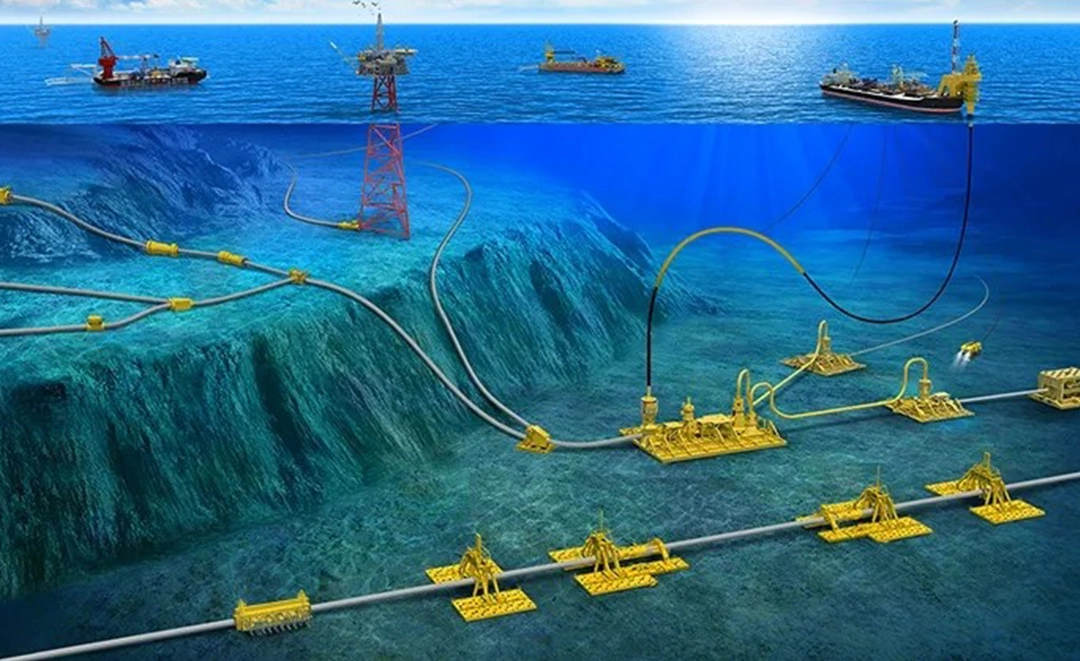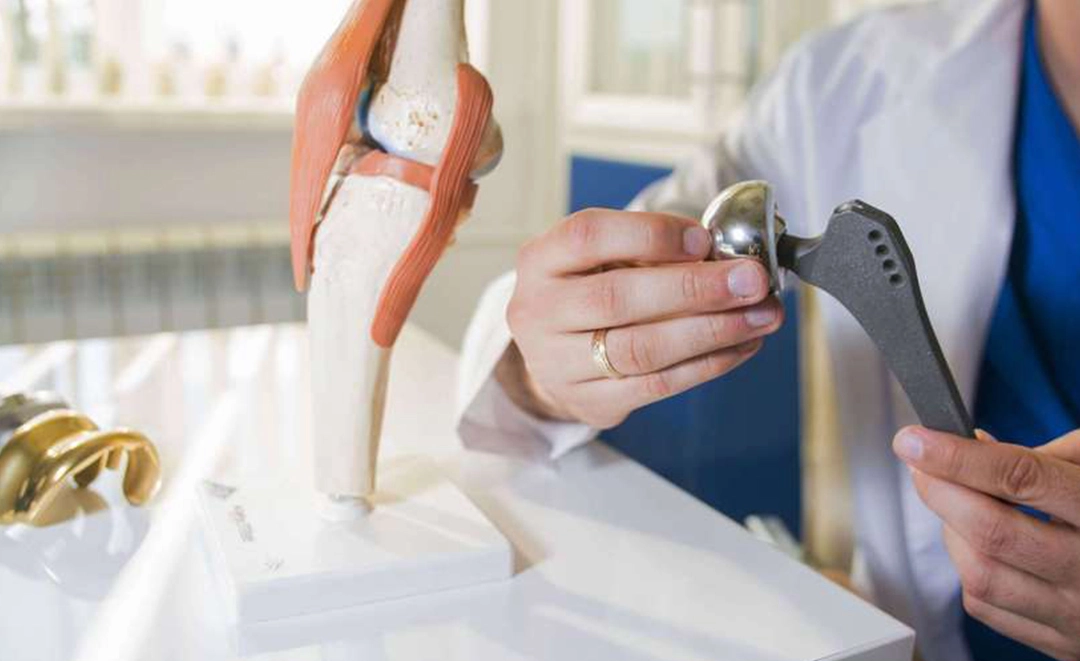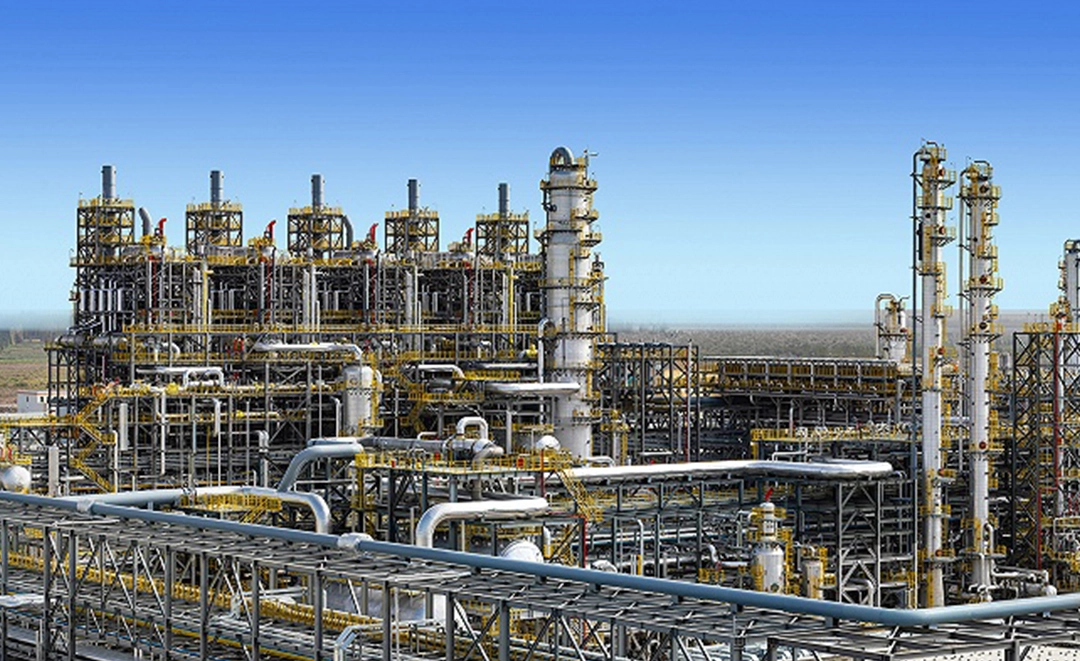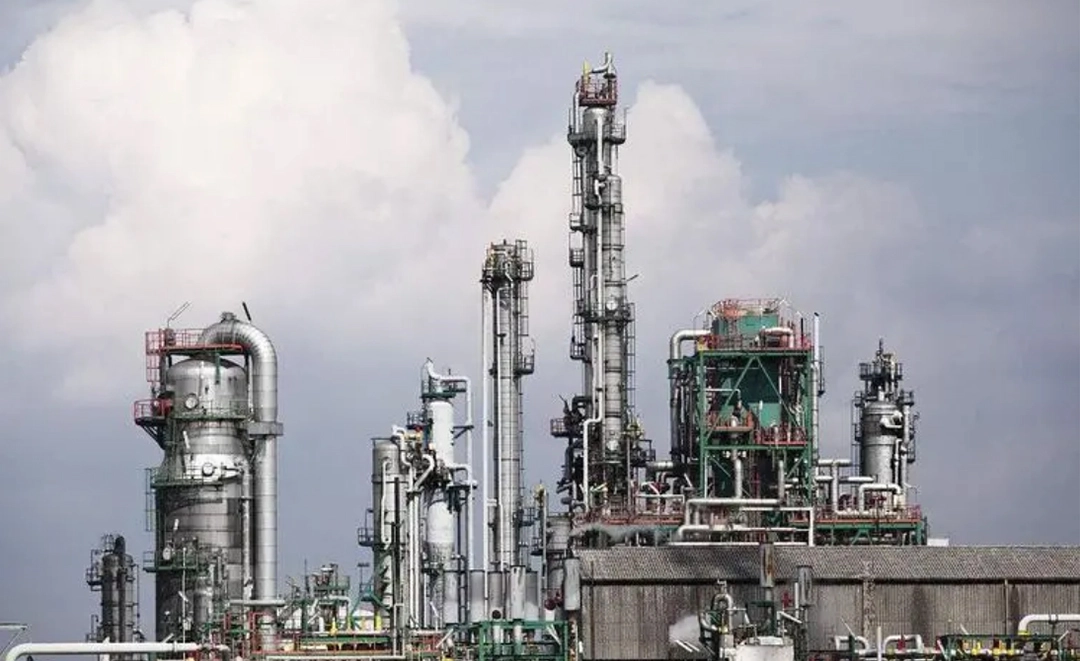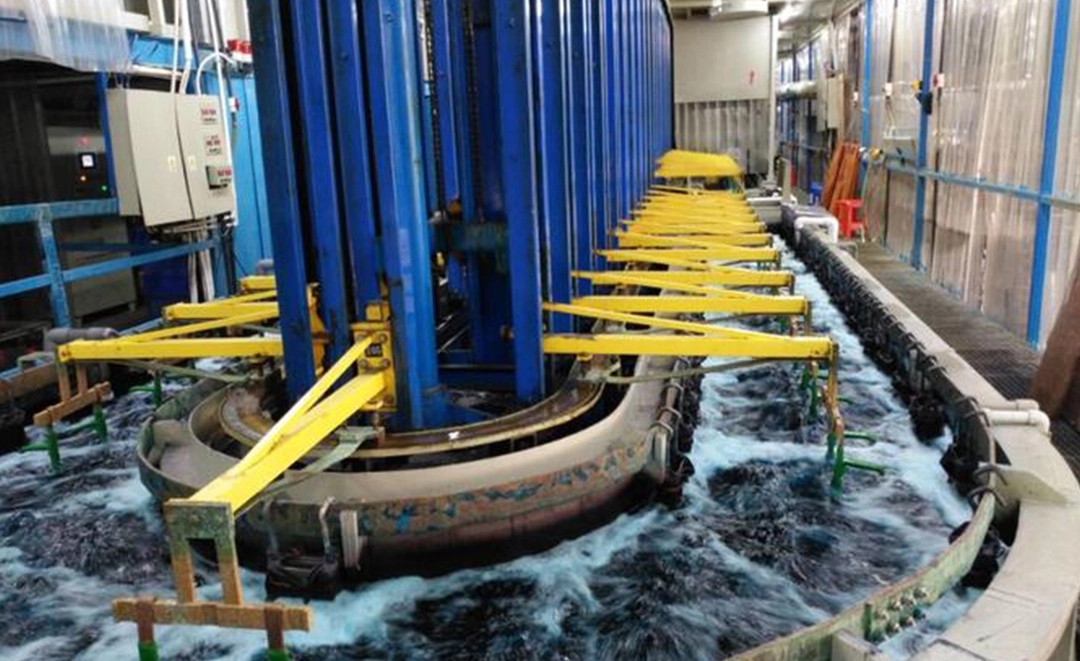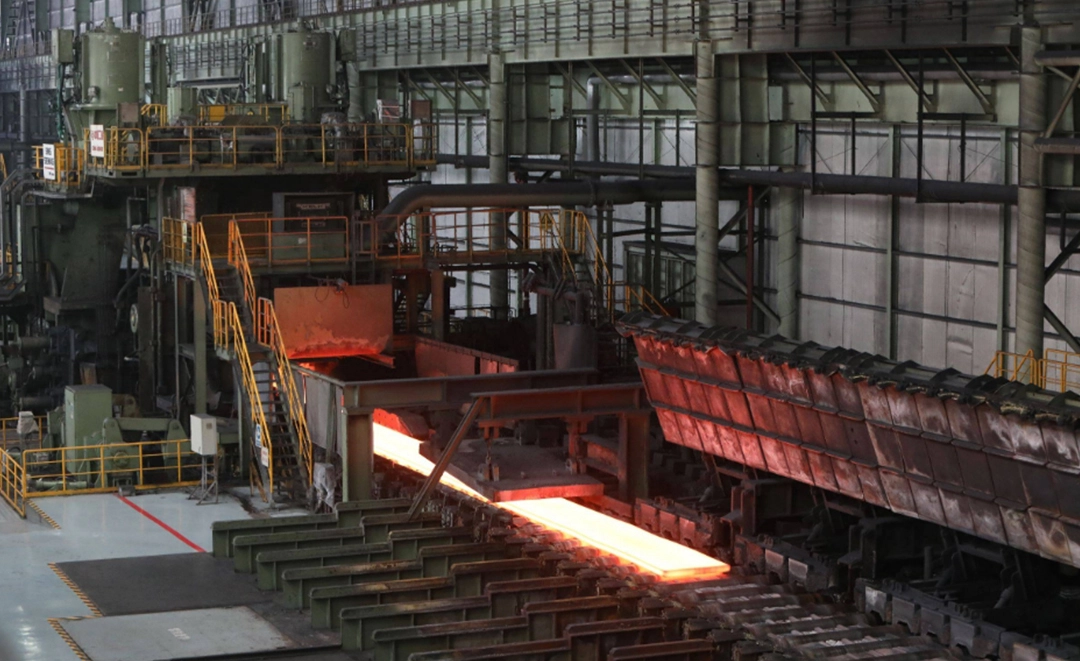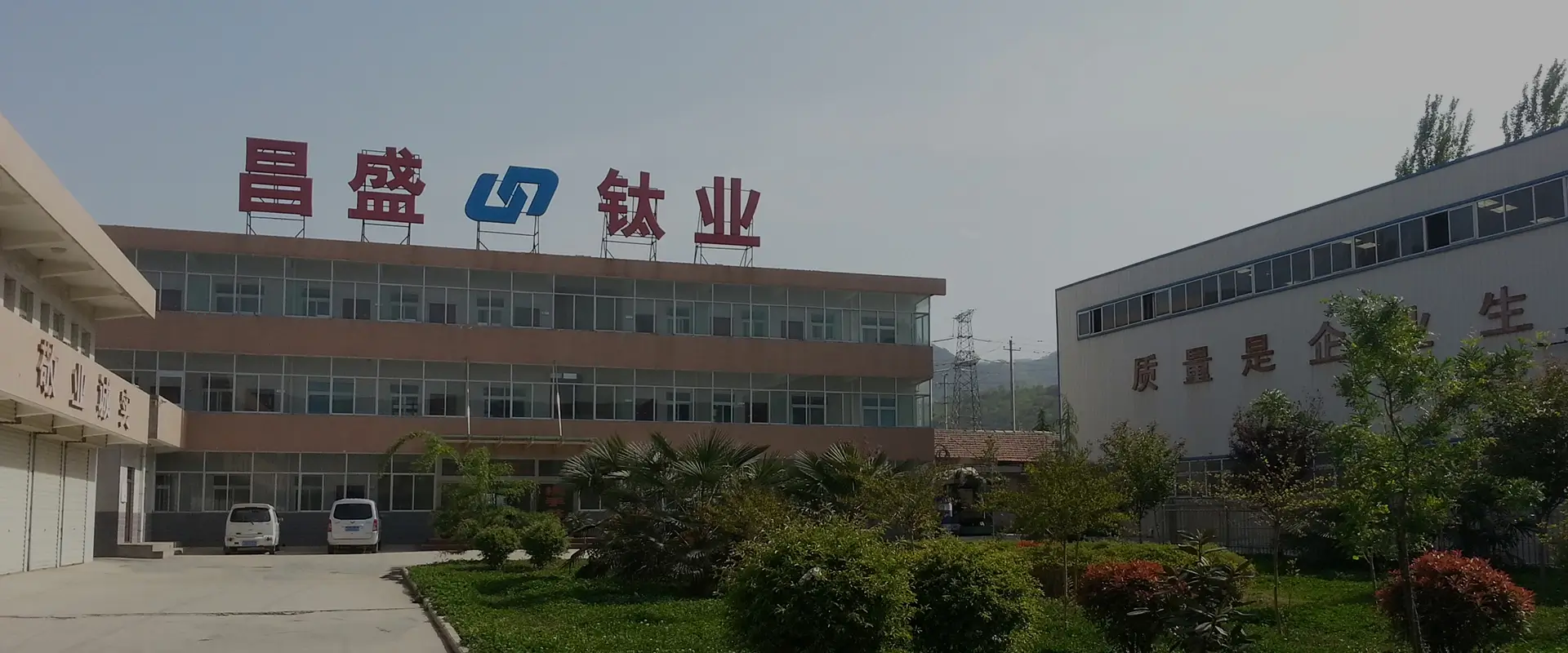It mainly refers to a series of titanium-based heat exchangers, storage tanks, pipelines, pipe fittings, fasteners and other products used in chemical plants, oil and gas pipelines and deep-sea projects. Titanium has good corrosion resistance in the above fields. According to different anti-corrosion requirements, the main grades of titanium used are Gr2/Gr12 and Gr7.
Titanium plates are rolled and formed, and can be divided into cold-rolled and hot-rolled titanium plates according to their thickness and size. According to its use, it can be divided into equipment plates, target plates, medical titanium plates, and aerospace titanium plates. According to its size and shape, it can be divided into titanium plate, titanium sheet, titanium foil, titanium ribbon.
According to its process category, it can be divided into seamless titanium pipe and titanium welded pipe. Seamless titanium tubes are divided into two processes: rolling and extrusion. The welded titanium tube is argon arc welding, which is divided into automatic welding and manual welding according to its size and specifications. According to its use, it is divided into heat exchange tubes, medical titanium tubes, oil drilling tubes, oil and gas pipeline tubes, titanium tubes for electronic components, etc.
According to its process, it is divided into forged titanium rods and rolled titanium rods. Forging titanium rods can forge titanium round rods, titanium cubes, titanium cakes, and titanium rings. Titanium rods can be rolled into titanium round rods, titanium square rods, and titanium hexagonal rods. Titanium rods are mostly used in aerospace and medical fields, and their standard requirements are higher than those of industrial titanium rods.
The process is electroplating and brushing and sintering process. According to different uses, the coating materials and proportions are different. It is generally divided into platinum electroplated titanium anode, mmo coated titanium anode, and PbO2 titanium anode. According to different uses, it is generally divided into titanium anodes for water treatment, titanium anodes for electroplating, titanium anodes for cathodic protection, titanium anodes for chlor-alkali, titanium anodes for electrophoretic coating, titanium anodes for electrodeposition, titanium anodes for electrolytic copper foil, etc.
The nickel and alloy product line includes nickel rod/wire, nickel plate/foil and nickel tube/fittings. The zirconium and alloy product line includes zirconium rods/wires and zirconium sheets/foils. Tungsten (W), Molybdenum (Mo), Niobium (Nb) and Tantalum (Ta) These products include targets, electrodes, rod/wire, sheet/foil and crucibles.

